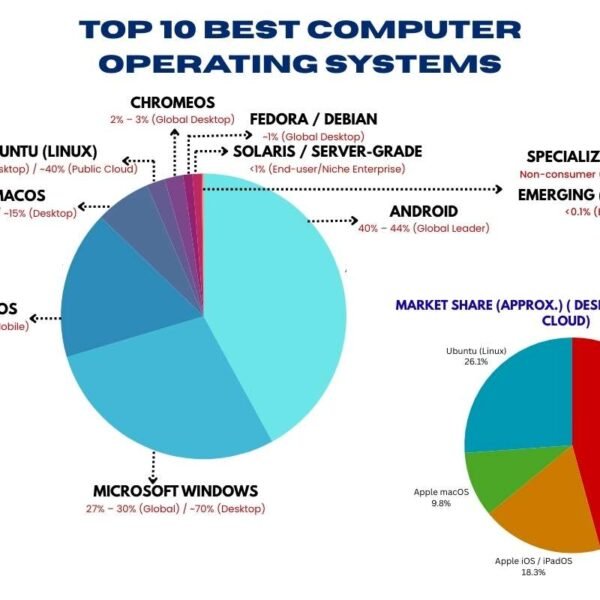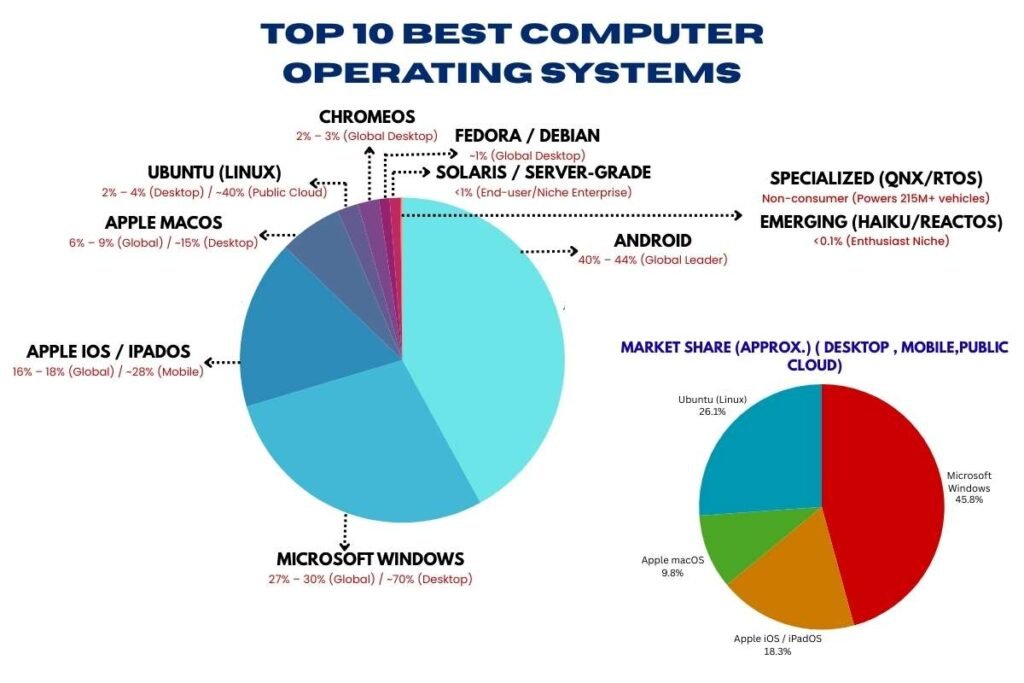In today’s fast-paced world, financial literacy, also known as financial capability stands as a cornerstone for individuals aiming to navigate the complex landscape of personal finance. Defined as the ability to comprehend and apply various financial skills effectively, financial capability equips individuals with the knowledge and tools necessary to make informed financial decisions. This comprehensive guide sheds light on the significance of financial literacy, its components, and practical tips to enhance one’s financial acumen.
What is Financial Literacy?
Financial literacy encompasses a spectrum of financial skills, including budgeting, investing, managing debt, understanding financial products, and planning for the future. It empowers individuals to comprehend financial concepts, enabling them to make informed choices that align with their goals and circumstances. From understanding interest rates to deciphering investment options, financial capability plays a pivotal role in shaping one’s financial well-being.
The Importance
Financial capability is an indispensable asset in today’s world. It empowers individuals to take charge of their finances, fostering a sense of financial independence and security. By being financially literate, individuals can effectively manage their income, allocate resources efficiently, and mitigate financial risks. Moreover, it instills confidence, enabling individuals to make sound financial decisions that pave the way for a stable future.
Financial capability empowers individuals to take control of their financial destinies. It equips them with the necessary skills to manage budgets, navigate financial products, understand investment opportunities, and plan for retirement. This knowledge serves as a shield against financial pitfalls and provides a roadmap for achieving financial goals.
Empowering Decision-Making
A financially literate individual possesses the tools to make empowered decisions. They can weigh the pros and cons of various financial options, understand the implications of borrowing, and discern between sound and risky investments. This level of comprehension enables individuals to avoid debt traps, make strategic financial moves, and plan for long-term financial security.
Literacy Across Generations

Educating future generations about financial capability is crucial. Introducing financial concepts at an early age helps children develop healthy financial habits. Teaching kids about savings, budgeting, and the value of money empowers them to make informed choices as they grow older, setting a strong foundation for their financial future.
Navigating the Digital Era
In today’s digital age, financial capability extends to navigating online financial tools and digital transactions. Understanding online banking, digital payments, and cybersecurity measures is vital to safeguarding personal finances in an increasingly digital world.
Components of Financial Literacy
financial capability comprises several key components, each playing a vital role in shaping an individual’s financial aptitude.

- Budgeting Skills: financial capability starts with the fundamental skill of budgeting. Creating and adhering to a budget allows individuals to track expenses, prioritize spending, and allocate funds toward savings and investments.
- Understanding Financial Products: Being financially literate involves comprehending various financial products such as credit cards, loans, mortgages, and investment instruments. Understanding the terms, risks, and implications of these products is crucial in making informed decisions.
- Debt Management: financial capability aids in managing and reducing debt effectively. It involves understanding interest rates, and payment schedules, and devising strategies to pay off debts efficiently.
- Investment Knowledge: Individuals with financial capability possess a basic understanding of investment vehicles like stocks, bonds, mutual funds, and retirement accounts. They can make informed investment decisions aligned with their financial goals.
- Financial Planning: Financially literate individuals engage in long-term financial planning. They set goals, create retirement plans, and establish emergency funds to secure their financial future.
- Risk Management: Understanding financial risk is an integral part of financial literacy. It involves assessing risks associated with investments or financial decisions and employing strategies to mitigate them.
Enhancing Financial Literacy
Improving financial capability is an ongoing process that involves education, practical application, and continual learning. Here are practical steps to enhance financial capability:

- Education and Resources: Take advantage of financial capability programs, workshops, and online resources offered by reputable institutions and organizations. These resources provide valuable insights into financial concepts and practical tips.
- Seeking Professional Advice: Consult with financial advisors or planners to gain personalized guidance on financial matters. They can offer tailored advice based on individual circumstances and goals.
- Self-Education: Engage in self-education by reading books, articles, and reputable financial websites. Subscribe to financial newsletters or podcasts that offer valuable insights and updates.
- Practice and Application: Apply financial knowledge in real-life situations. Create budgets, track expenses, invest in the stock market, or manage a retirement account to gain practical experience.
- Continual Learning: Stay updated on financial trends, regulations, and market changes. Continual learning ensures individuals remain well-informed and adapt to evolving financial landscapes.
Financial Literacy and Economic Empowerment
Financial capability plays a crucial role in economic empowerment. Individuals equipped with financial knowledge are better positioned to achieve financial independence, contribute to economic growth, and make informed choices that positively impact their communities. Moreover, enhanced financial capability leads to increased confidence and a sense of control over one’s financial future.
Summing Up
In conclusion, financial literacy serves as a cornerstone for individuals striving to attain financial well-being. It encompasses a range of skills, from budgeting and debt management to investment knowledge and financial planning. By investing in financial education, seeking guidance, and continually applying learned concepts, individuals can enhance their financial capability and pave the way for a more secure and prosperous future. Embracing financial literacy is not just a choice; it’s a pathway to financial empowerment and a brighter financial future.










